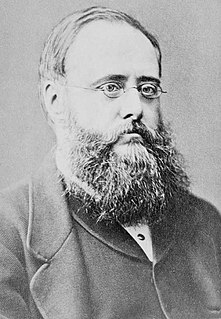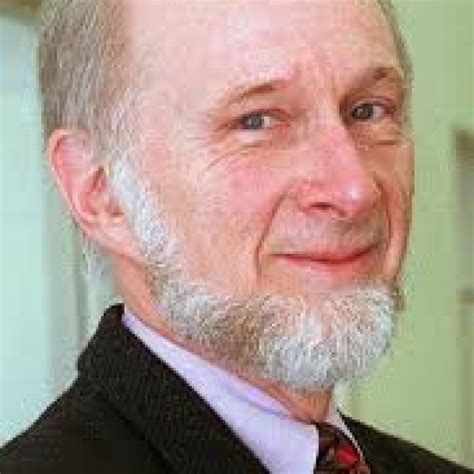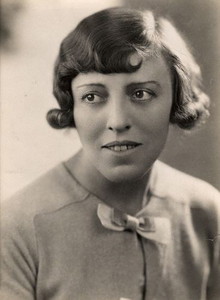A Quote by Wilkie Collins
I roused myself from the book which I was dreaming over rather than reading, and left my chambers to meet the cool night air in the suburbs.
Related Quotes
Reading [poetry], you know, is rather like opening the door to a horde of rebels who swarm out attacking one in twenty places at once - hit, roused, scraped, bared, swung through the air, so that life seems to flash by; then again blinded, knocked on the head - all of which are agreeable sensations for a reader (since nothing is more dismal than to open the door and get no response).
The book was long, and difficult to read, and Klaus became more and more tired as the night wore on. Occasionally his eyes would close. He found himself reading the same sentence over and over. He found himself reading the same sentence over and over. He found himself reading the same sentence over and over.
Late at night when all the world is sleeping I stay up and think of you and I wish on a star that somewhere you are thinking of me too...Cause I'm dreaming of you tonight 'Til tomorrow I'll be holding you tight! And there's nowhere in the world I'd rather be than here in my room, dreaming about you and me.
Your wits can't thicken in that soft moist air, on those white springy roads, in those misty rushes and brown bogs, on those hillsides of granite rocks and magenta heather. You've no such colours in the sky, no such lure in the distances, no such sadness in the evenings. Oh the dreaming! the dreaming! the torturing, heart-scalding, never satisfying dreaming, dreaming, dreaming, dreaming!
When I was a teenager, reading for me was as normal, as unremarkable as eating or breathing. Reading gave flight to my imagination and strengthened my understanding of the world, the society I lived in, and myself. More importantly, reading was fun, a way to live more than one life as I immersed myself in each good book I read.
It's not a bad idea to call this Cthulhuism & Yog-Sothothery of mine "The Mythology of Hastur" - although it was really from Machen & Dunsany & others, rather than through the Bierce-Chambers line, that I picked up my gradually developing hash of theogony - or daimonogony. Come to think of it, I guess I sling this stuff more as Chambers does than as Machen & Dunsany do - though I had written a good deal of it before I ever suspected that Chambers ever wrote a weird story!
It's insane to be a writer and not be a reader. When I'm writing I'm more likely to be reading four or five books at once, just in bits and pieces rather than subjecting myself to a really brilliant book and thinking, "Well what's the point of me writing anything?" I'm more likely to read a book through when I take a break from writing.
But I'd rather help than watch. I'd rather have a heart than a mind. I'd rather expose too much than too little. I'd rather say hello to strangers than be afraid of them. I would rather know all this about myself than have more money than I need. I'd rather have something to love than a way to impress you.
When we want a book exactly like the one we just finished reading, what we really want is to recreate that pleasurable experience--the headlong rush to the last page, the falling into a character's life, the deeper understanding we've gotten of a place or a time, or the feeling of reading words that are put together in a way that causes us to look at the world differently. We need to start thinking about what it is about a book that draws us in, rather than what the book is about.
Words are alive--when I've found a story that I love, I read it again and again, like playing a favorite song over and over. Reading isn't passive--I enter the story with the characters, breathe their air, feel their frustrations, scream at them to stop when they're about to do something stupid, cry with them, laugh with them. Reading for me, is spending time with a friend. A book is a friend. You can never have too many.







































